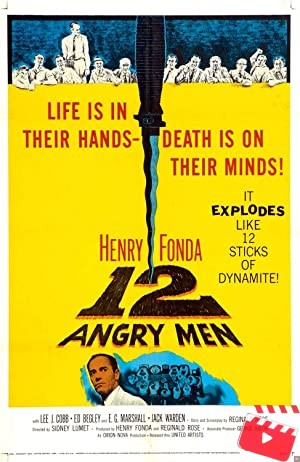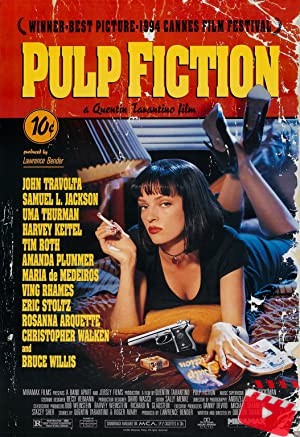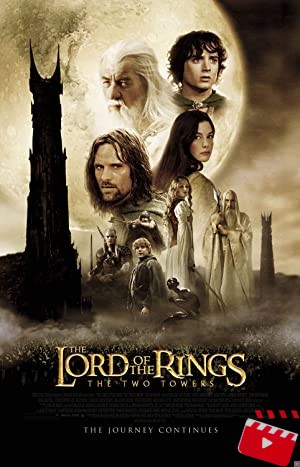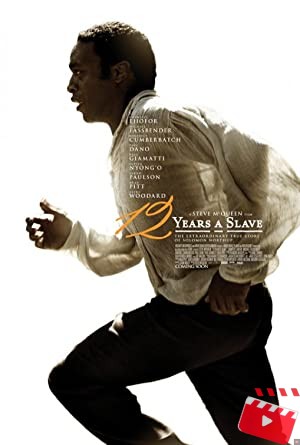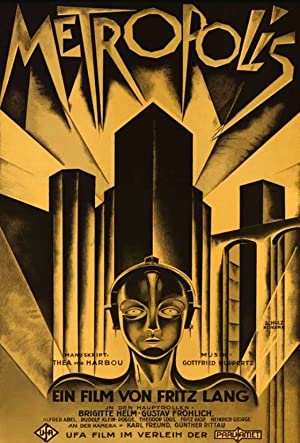
I recently had the pleasure of seeing the legendary silent movie “Metropolis” from 1927, and I must say – it’s a true masterpiece. Directed by Fritz Lang, this dystopian science fiction film presents a tale of a futuristic city where the wealthy industrialists rule over the impoverished workers who struggle to survive.
The visuals of Metropolis are stunning and hold up incredibly well 94 years after its release – the towering skyscrapers, the swarming crowds of workers, and the intricate machinery of the city all contribute to creating a mesmerizing atmosphere. The use of black and white cinematography, along with impressive special effects and sets, make the film feel like a work of art.
The acting performances of the cast were just as solid, especially Brigitte Helm, who portrayed both the saintly madonna and the demonic seductress with ease. The soundtrack was impressive as well, which was a new composition by Gottfried Huppertz, a German film composer of the time. The music adds to the mood and atmosphere of each scene, and captures the emotions of the characters on screen.
The film’s themes are relevant even today, and it’s amazing to see how filmmakers in the 1920s could envision the future – the power struggles between the wealthy and oppressed, the ethics of artificial intelligence/robotics, are all topics that continue to be relevant today.
In conclusion, Metropolis is a must-watch film for anyone who loves classic cinema or wants to experience an important part of cinematic history. It’s gorgeously crafted, engaging, and full of insight, and will leave an indelible mark on your mind long after you watch it.
Lesson about Metropolis
Possible simple sentence:
The movie Metropolis 1927 teaches us lessons about the dangers of social inequality and the importance of empathy and cooperation between different groups.
The Best of Metropolis
- 1. Groundbreaking Visual Effects: Metropolis is a pioneer in the use of special effects in filmmaking, using cutting-edge techniques such as miniatures, matte paintings, and layered composites to create a fantastical vision of a futuristic city. The film’s stunning visuals remain impressive even by today’s standards, and its influence can be seen in countless sci-fi and fantasy films that followed.
- 2. Social Commentary: Metropolis is more than just a visually striking movie; it is also a powerful commentary on class division, workers’ rights, and the dangers of unchecked technological advancement. The film explores the themes of inequality and exploitation, asking whether a society can truly prosper if it treats its workers as mere cogs in a machine. It is a cautionary tale that still resonates with audiences today.
- 3. Timeless Story: Despite being over 90 years old, Metropolis’s story remains compelling and relevant. Its themes of rebellion, love, and sacrifice are timeless and universal. The film’s iconic imagery, such as the towering cityscape and the robotic femme fatale, has been referenced and parodied in pop culture for decades, proving the lasting impact of this cinematic masterpiece.
Week points of Metropolis
- 1) The pacing of the movie can be slow and drawn-out at times, with some scenes feeling overly long and lacking in momentum.
2) The character development is limited, especially for the female characters, who are often relegated to traditional gender roles and are not given much agency or depth.
3) The film’s message about class struggle and worker exploitation may be heavy-handed and simplistic, without offering much in the way of nuanced social commentary.
Technical details of Metropolis
| Title | Metropolis |
|---|---|
| Year | 1927 |
| Rated | Not Rated |
| Released | 13 Mar 1927 |
| Runtime | 153 min |
| Genre | Drama, Sci-Fi |
| Director | Fritz Lang |
| Writer | Thea von Harbou, Fritz Lang |
| Actors | Brigitte Helm, Alfred Abel, Gustav Fröhlich |
| Plot | Sometime in the future, the city of Metropolis is home to a Utopian society where its wealthy residents live a carefree life. One of those is Freder Fredersen. One day, he spots a beautiful woman with a group of children, she and the children quickly disappear. Trying to follow her, he is horrified to find an underground world of workers who apparently run the machinery that keeps the Utopian world above ground functioning. One of the few people above ground who knows about the world below is Freder's father, John Fredersen, who is the founder and master of Metropolis. Freder learns that the woman is called Maria, who espouses the need to join the "hands" – the workers – to the "head" – those in power above – by a mediator who will act as the "heart". Freder wants to help the plight of the workers in their struggle for a better life. But when John learns of what Maria is advocating and that Freder has joined their cause, with the assistance of an old colleague. an inventor called Rotwang, who turns out to be But their nemesis goes to works towards quashing a proposed uprising, with Maria at the centre of their plan. John, unaware that Rotwang has his own agenda., makes plans that include shutting down the machines, with the prospect of unleashing total anarchy both above and below ground. |
| Country | Germany |
| Awards | 6 wins & 7 nominations |







